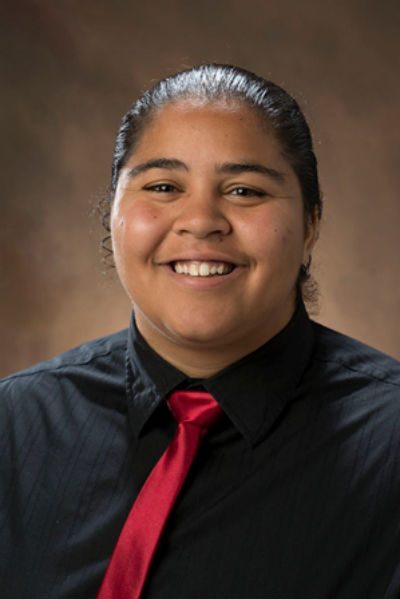Katie Barnes tells the story of a closeted women’s basketball coach.
Midway through my first year of college, I hung up my sneakers and traded them in for a pair of dress shoes. I accepted a coaching position at a small Catholic middle school down the street from my college, and immediately found myself in the closet.
When I first signed my contract, I knew that I could be fired for being gay. For two long years, I lived a double life. I went to practice and games, and focused on being the best coach I could be. Afterwards, I trekked back up the hill to my rainbow flag-flying house. Some of the parents would offer to give me a ride home, but I always refused. I had made a promise to myself that I would never compromise my authenticity to hide my true self. I was walking a very fine line.
By my junior year of college, I had changed my gender expression to be more masculine, which was much more comfortable for me. I began to wear men’s jeans, dress shirts, and ties. With each passing day, my closet became more and more transparent, and yet I still felt the pressure to hide while coaching. My team was very perceptive, and they could sense a change in me.
“Katie, are you going to wear a skirt to the banquet?” One bright-eyed girl asked.
I arched my eyebrows. “Do you think I would wear a skirt?”
She shrugged. “You did last year.”
“Do you think I would do that this year?”
She shook her head and smiled. “I think you should totally wear a tux!”
I smiled and laughed with her, proud that even in my ambiguity she had blindly accepted me. But I also knew that I needed to leave my coaching position. My closet had become too transparent, and I couldn’t hide in it anymore. Not even from my players.
I ended up taking a position at a nearby public high school, coaching basketball to ninth graders as an out coach for the first time. I never announced it formerly to anyone, and figured my ties said all that needed to be said. What I learned, though, was that being an out coach came with additional challenges. I found myself creating rules as a form of protection against potential assumptions about my motivations for being around young women—my father’s words of “don’t give them a reason” always ringing in my ears.
My sexuality mattered in a way it never had before. It was known and visible—which empowered me and yet, also left me vulnerable. We laud coaches for being shapers of young minds, and if a coach is a queer, gender non-conforming woman, the same respect is not there. The significance of that reality weighed on my shoulders all season long, but I stuck it out. After graduating from college, I moved on.
If I ever decide to return to coaching, I know the bench will still be there. But in some ways, I fear the pressure that comes with it. In other ways, I embrace it. At the end of the day, however, I will always choose freedom.
Katie Barnes is a writer, thinker, and activist. Katie writes about personal experiences, cultural analysis and general commentary. They have been active in LGBTQ organizing since college, and continue that work through collaborating on special projects with various members and organizations of the LGBT Sports Coalition. Katie is currently finishing their M.S. in Student Affairs in Higher Education at Miami University (OH). Follow Katie on Twitter @katie_barnes3, or email them at [email protected]
